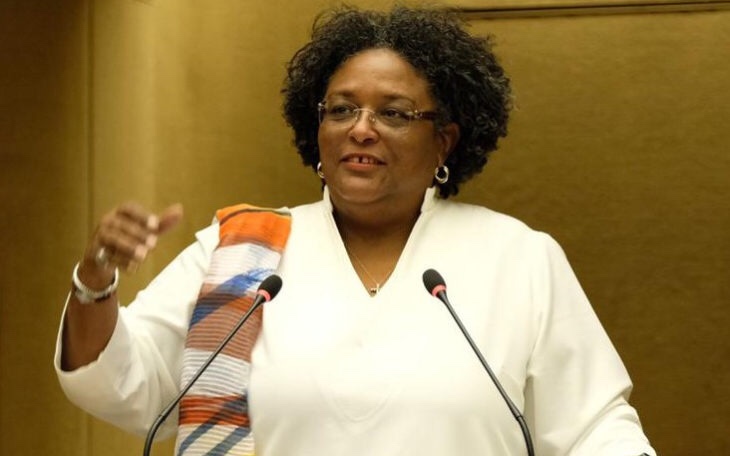The Mia Mottley led Barbados Labour Party (BLP) has dealt with one its mission critical issues that was a major component of its 2018 campaign.
The BLP manifesto noted that “corruption is a stain on our society, a drain on our economy and reduces government revenues. We will move swiftly to end corruption”.
The party document stated that the BLP administration will introduce comprehensive Integrity Legislation to fight and punish corruption and hold Ministers and Board Chairpersons accountable for their actions.
The integrity legislation which has now passed in the lower house applies to all members of the House of Assembly and the Senate, all members of Cabinet, all permanent secretaries, all heads of department in the Public Service, chairpersons of state-owned enterprises, magistrates, directors of public prosecution, the auditor general, as well as other senior public officers.
However, the Prime Minister was quick to point out that while there has been a delay in securing the passage of the Act through parliament, all members of her cabinet have lodged declarations of their assets to the Cabinet Secretary since coming to office which are secured in vaults to be passed over to the Integrity Commission when it is established.
The bill was in a Joint Select Committee for more than 9 months with proceedings screened live on TV and social media. The bill was also widely published and made available throughout the entire country.
In leading the debate on the Resolution to adopt the Report of the Joint Select Committee- Integrity in Public Life Bill, 2018, the Prime Minister stated, “The report is 843 pages long, 843 pages long. Mr Speaker, this is a government that is not only committed to consultation, this is a government that walks the walk and not just talk the talk”.
In her contribution, the Prime Minister said however, it was important that persons were “not made criminals” for regulatory breaches, such as late filings, and that there should be a clear understanding of what was a regulatory breach for which fines would be imposed and a substantive breach of the anti-corruption laws for which violators could face much harsher punishments.
“Regulatory breaches ought not to be confused with substantive breaches of corruption [laws],” she told Parliament.
“Regulatory breaches for now are intended to be covered by fines and penalties until such time as the Attorney General brings to this Parliament, the papers on civil penalties so that we can leave imprisonment for what imprisonment ought to be left for.”

The prime minister also told the House, “At a very personal level … while I am prepared to accept and usher in the Bill as is, I feel very strongly that in our country there cannot be persons excluded from public life because of the fact that they sit on a bench and therefore I have asked the Honourable Attorney General to ensure that there is a special bill dedicated to judicial officers at the very high level.”
The Act following successful passage in the Senate will come into force in 2021.
Other legislation including to protect whistle-blowers will be brought to strengthen the anti-corruption laws in the country.


1 Comment
You see the difference between decency and filth.